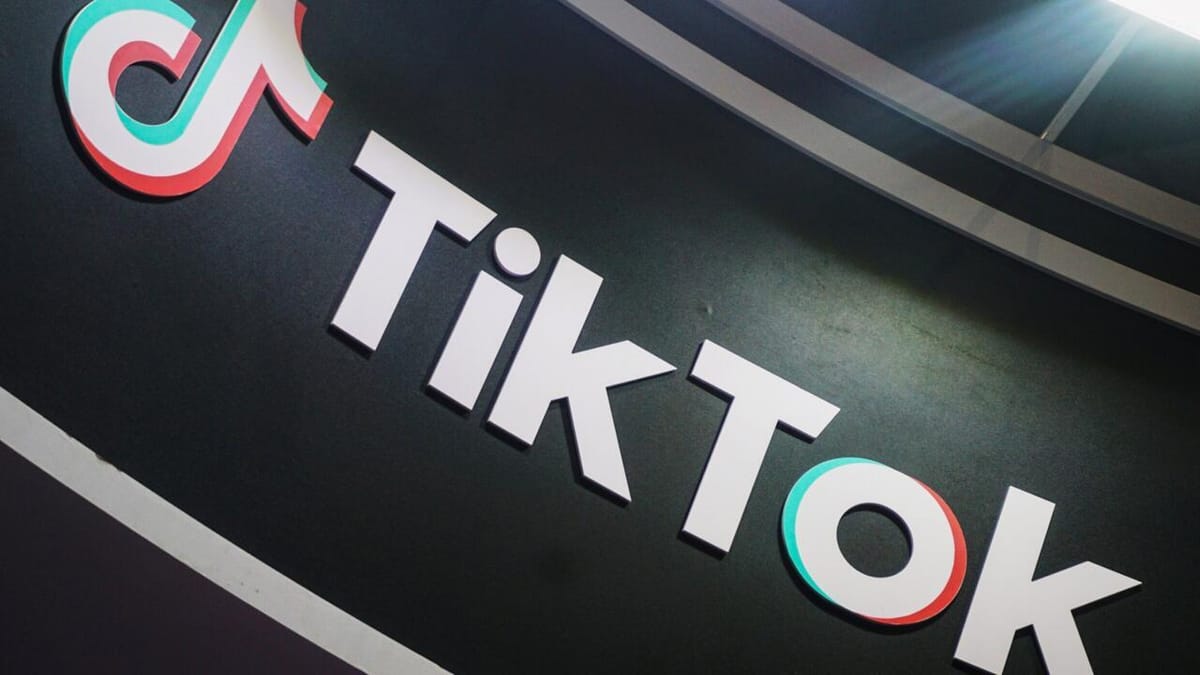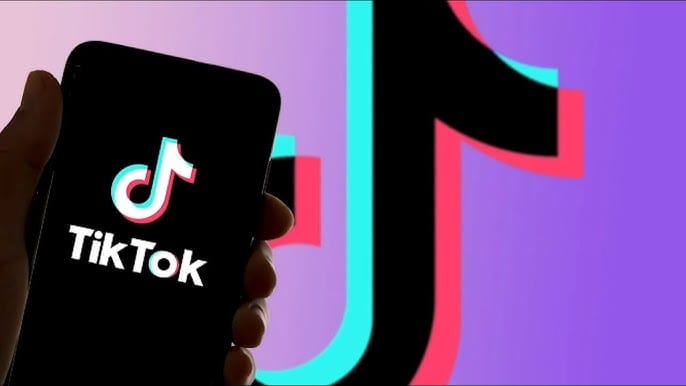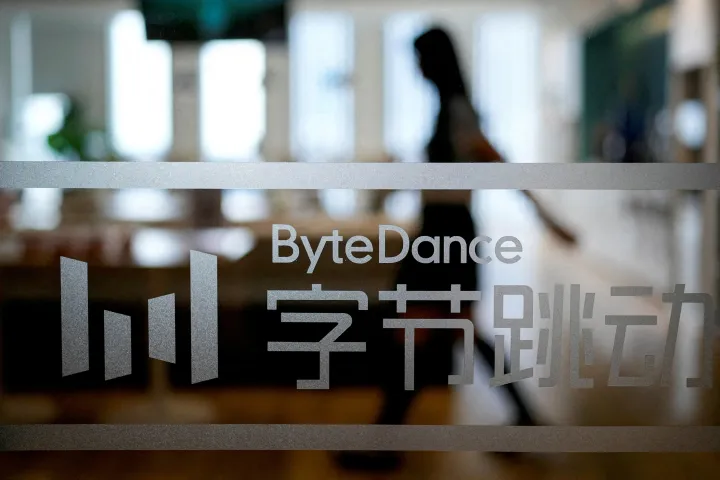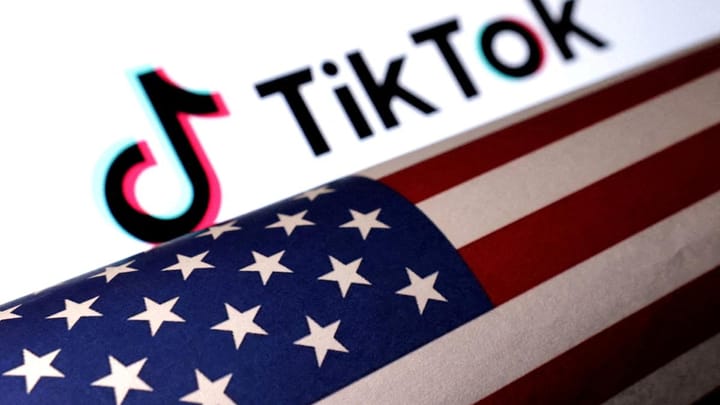U.S. Supreme Court to Hear TikTok’s Bid to Block Potential National Security Ban
The U.S. Supreme Court will review TikTok’s appeal to block a potential ban.

The U.S. Supreme Court has decided to hear TikTok’s appeal to block a law that could force the Chinese-owned social media giant to sell its U.S. operations or face a national security-related ban. This landmark case has significant implications for over 170 million American users and raises crucial questions about free speech, national security, and the role of government in regulating foreign-owned tech companies.
On December 18, 2024, TikTok and its parent company, ByteDance, filed an emergency petition asking the Supreme Court to pause the law, which mandates that TikTok be sold by January 19, 2024, or face a complete ban in the U.S. The justices have agreed to take up the issue, setting a date for arguments on January 10, 2024.
The Controversy: National Security vs. Free Speech
The legal battle stems from concerns that TikTok, as a subsidiary of the Chinese company ByteDance, could pose a national security risk. Critics, including the Biden administration, argue that the app collects vast amounts of personal data from U.S. users—everything from locations to private messages—and could potentially be used by the Chinese government for espionage or to manipulate content viewed by American citizens.
In April 2024, Congress passed legislation giving the President the authority to take action against apps controlled by foreign adversaries, with TikTok being the most prominent target. President Joe Biden signed the bill into law, and the Justice Department asserted that TikTok's data collection could serve as a tool for China’s influence campaigns on U.S. citizens.
However, TikTok has vehemently denied these allegations, insisting that it operates independently from the Chinese government and has never shared U.S. user data with the Chinese authorities. TikTok argues that the First Amendment guarantees its free speech rights, which include providing a platform for American users to express themselves.
In its recent filing to the Supreme Court, TikTok stated that blocking the app would undermine free speech protections and prevent millions of users from expressing themselves. TikTok also warned that a potential shutdown could result in the loss of a third of its U.S. users, and the company would likely lose advertising revenue and talent.
The Path to the Supreme Court
TikTok’s legal battle began when the U.S. Court of Appeals for the District of Columbia Circuit rejected its First Amendment claims on December 6, 2024. The court ruled that while the First Amendment does protect free speech, the government has the right to take action when national security is at risk. TikTok’s legal team disagreed with this assessment and decided to take the case to the Supreme Court, arguing that the government’s actions in attempting to shut down the app were unconstitutional.
As part of its emergency petition, TikTok also pointed to the increased volatility of cryptocurrency and the broader market for tech startups. If forced to sell or shut down, TikTok argued, it would face an existential financial crisis that would severely impact the U.S. economy, given the app’s popularity and influence.
Political Reactions and Tensions
The legal proceedings come at a time of rising political tensions between the U.S. and China, and lawmakers on both sides of the aisle have had sharply divergent views on the matter.
Senate Minority Leader Mitch McConnell, a Republican, filed a brief urging the Supreme Court to deny TikTok’s appeal, likening the app to a “hardened criminal.” McConnell and other critics argue that TikTok’s Chinese ownership makes it a potential national security threat, one that should not be allowed to operate in the U.S. unchallenged.
Meanwhile, Republican President-elect Donald Trump—who originally sought to ban TikTok in 2020 during his first term—has now reversed course. During his presidential campaign, Trump promised to “save TikTok” and stated that he has “a warm spot in my heart for TikTok.” As the deadline for TikTok’s potential ban looms, Trump has said he will “take a look” at the situation when he takes office on January 20, 2024, just one day after the law’s deadline.
A Landmark Decision Looms: What’s at Stake?
As the Supreme Court prepares to hear arguments, many observers are watching closely. A ruling in favor of TikTok could mark a major victory for the First Amendment, particularly for social media platforms that argue the government cannot regulate speech on such a wide scale. However, a ruling in favor of the U.S. government would grant it broad powers to block apps or force sales of tech companies based on national security concerns, setting a significant precedent.
If the court rules against TikTok, it could prompt further actions against other foreign-owned apps, including potential future bans on popular platforms such as WeChat, which was targeted by the Trump administration in 2020 but ultimately blocked by the courts.
The broader implications of this case could shape U.S. policy on foreign tech companies, data privacy, and the role of government regulation in the digital age. TikTok’s fate will not only affect its users but also the tech industry and how foreign technology companies operate in the U.S.
Trump's Stance: A Reversal from 2020
In 2020, Trump took an aggressive stance against TikTok, attempting to block it in the U.S. due to national security concerns, demanding its sale to an American company. However, Trump's recent statements suggest a complete reversal, expressing support for the app and claiming it should be preserved. His shift in opinion could add another layer of complexity to the ongoing legal battle as he prepares to take office in 2024.
A Divisive Debate: National Security or Censorship?
The question at the heart of this case is whether the U.S. government can ban an app used by millions of Americans based on national security grounds, or whether such a move violates the constitutional protections for free speech. As the U.S. Supreme Court prepares to take on this monumental case, it will weigh both national security concerns and the First Amendment rights of individuals and businesses that use the platform.



